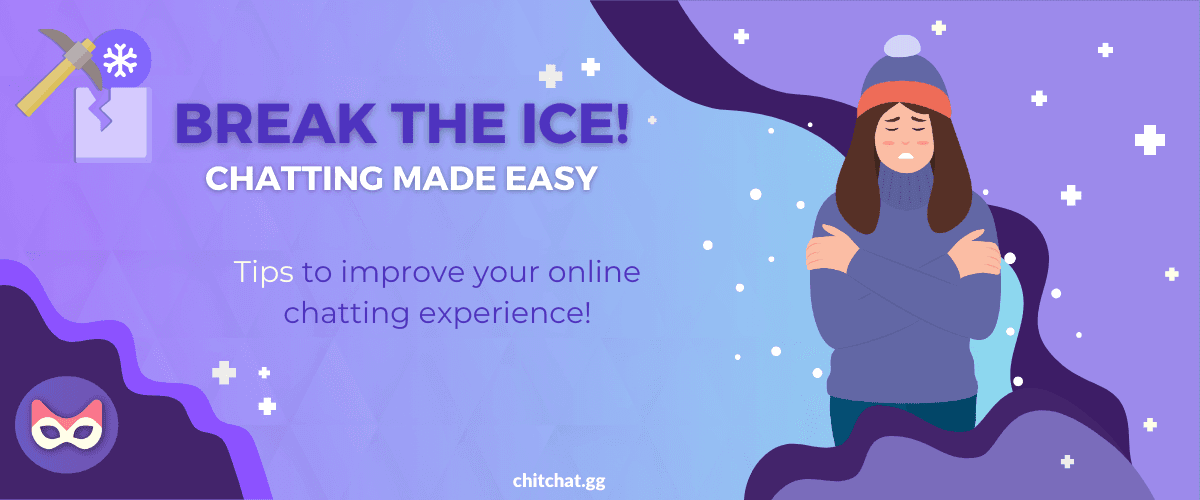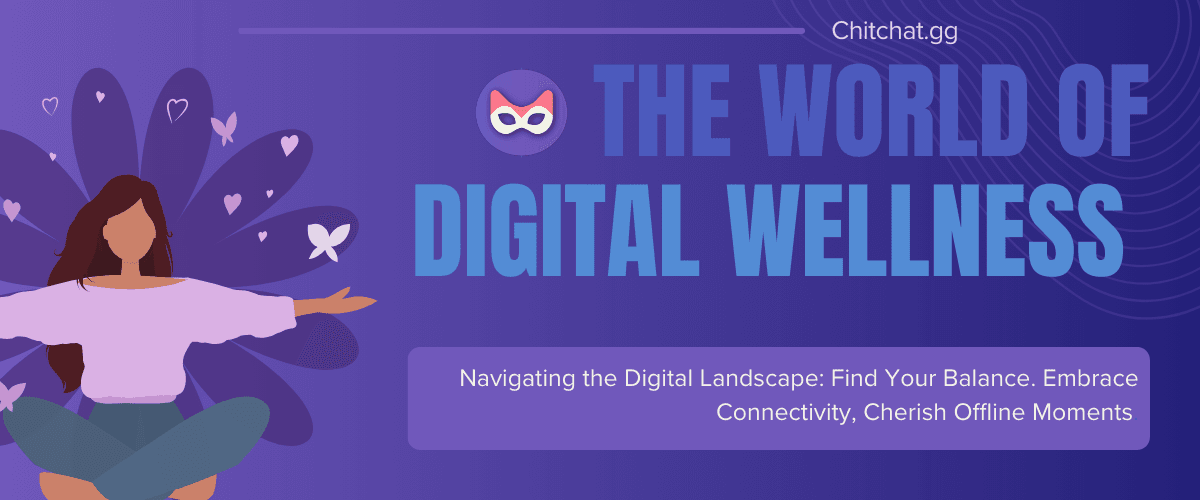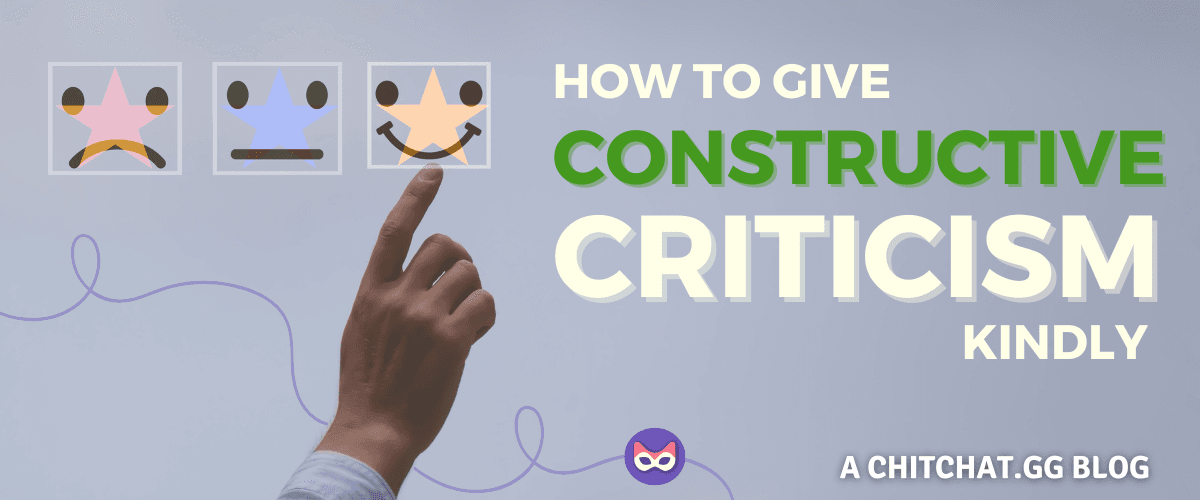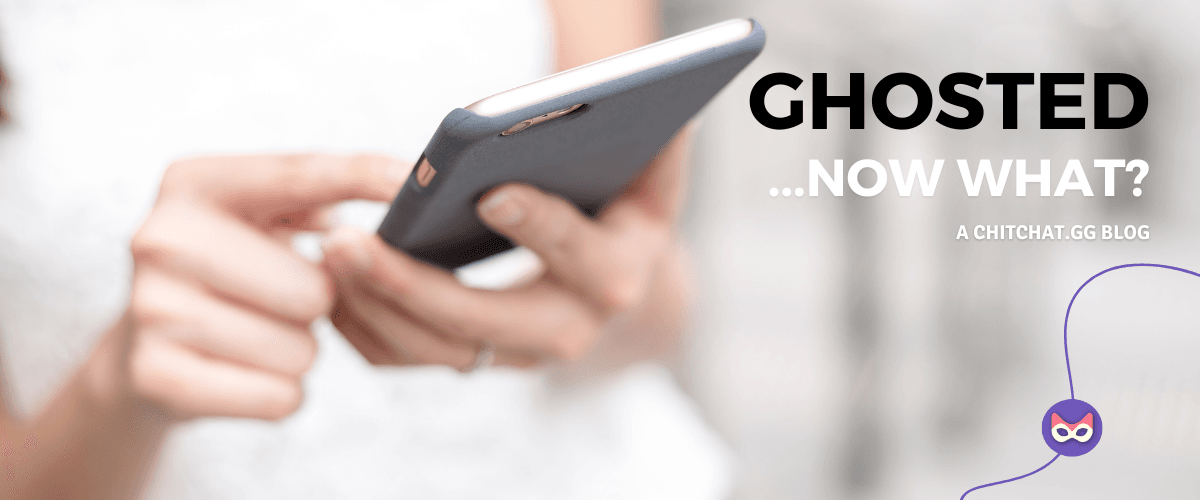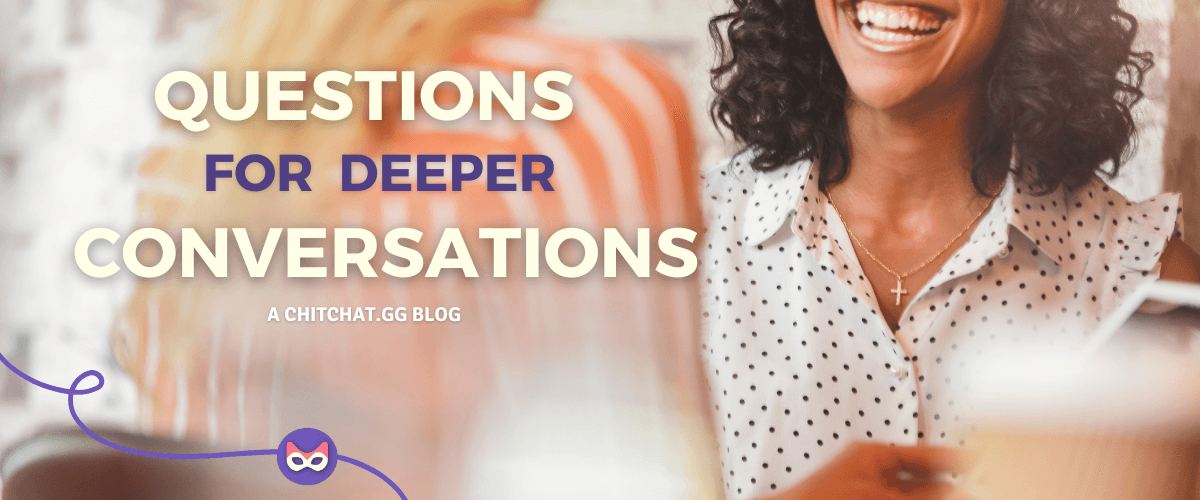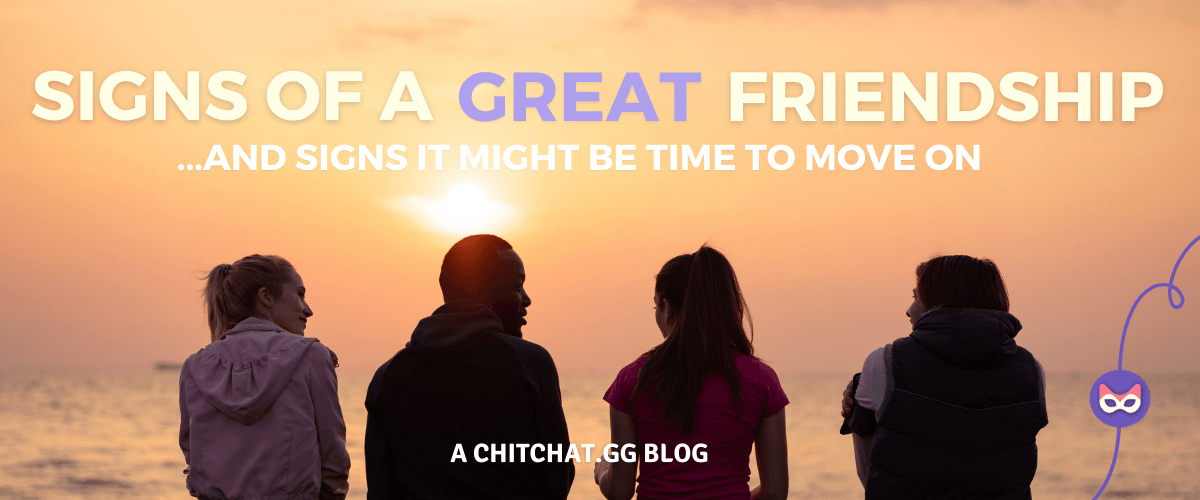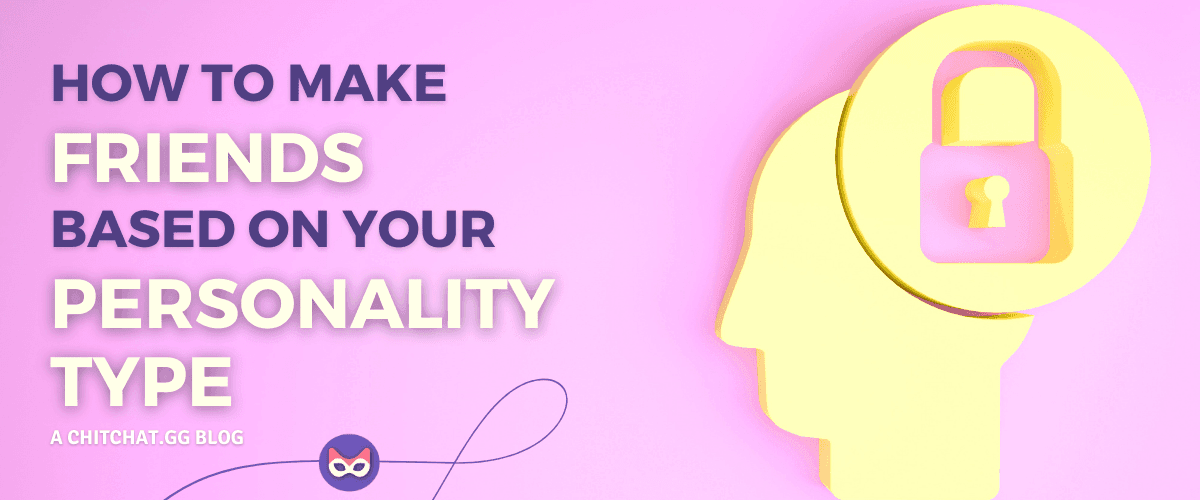
How To Make Friends Based on Your Personality Type
- Talina
- Communication, Tips, Friendship, Psychology
- 03 Apr, 2024
How To Make Friends Based on Your Personality Type
Friendships are an essential part of life, providing companionship, support, and shared experiences. However, not everyone finds it easy to make friends, and our personality types can play a big role in how we approach and maintain friendships. Understanding your personality type can help you better navigate friendships and find people who complement your natural tendencies.
A Crash Course in Personality Types
We’ll be using the Myers-Briggs Type Indicator (MBTI) - a framework that breaks personalities down into four main preferences:
- Extroversion (E) vs. Introversion (I): How you recharge your social batteries. Extroverts gain energy from people, while introverts need alone time.
- Sensing (S) vs. Intuition (N): How you take in information. Sensors focus on details and facts, while Intuitives see the bigger picture and possibilities.
- Thinking (T) vs. Feeling (F): How you make decisions. Thinkers prioritize logic and objectivity, while Feelers weigh emotions and values.
- Judging (J) vs. Perceiving (P): How much you approach structure. Judgers prefer plans and deadlines, while Perceivers are more adaptable and go with the flow.
Each personality type has its own unique strengths, weaknesses, and preferences when it comes to social interactions and relationships.
So, let’s translate this personality jargon into friend finding magic!
Extroverts and Friendships
Extroverts, such as ENFJs and ENFPs, often find it easier to make friends due to their outgoing nature and ability to engage in conversations with ease. However, they may struggle to form deeper connections if they don’t take the time to truly understand their friends’ personalities and needs.
For extroverts, it’s important to balance their social energy with active listening and empathy. Paying attention to friends’ preferences and making an effort to understand their perspectives can help strengthen these relationships.
Introverts and Friendships
Introverts, such as INFJs and INTPs, may find it more challenging to make friends at initially, as they tend to be more reserved and prefer deeper, more meaningful connections. However, once they find people who share their interests and values, they can form incredibly loyal and supportive friendships.
For introverts, it’s important to be selective about the people they let into their inner circle. Surrounding themselves with people who respect their need for alone time and don’t pressure them to be more social than they’re comfortable with can make a huge difference in the quality of their friendship.
Sensing vs. Intuition
The Sensing vs. Intuition dichotomy also plays a role in how people approach friendships. Sensing types (like ISTJs, ESFPs) tend to focus on concrete details and shared experiences, while Intuitive types (such as INFJs, ENTPs) are more drawn to abstact ideas and theoretical discussions.
When it comes to making friends, Sensing types may find it easier to bond over shared hobbies or activities, while Intuitive types may connect more deeply through intellectual conversations and exploring new ideas together.
Thinking vs. Feeling
The Thinking vs. Feeling contrast can also influence friendship dynamics. Thinking types (like INTJs, ESTPs) tend to prioritize logic and objectivity, while Feeling types (e.g., ENFJs, ISFPs) place a higher value on empathy and considering others’ emotions.
In friendships, Thinking types may appreciate friends who can engage in rational discussions and respect their need for independence, while Feeling types may gravitate towards friends who are emotionally supportive and value close personal connections.
Judging vs. Perceiving
Finally, the Judging vs. Perceiving dichotomy can impact how people approach friendships. Judging types (e.g., ESTJs, INFPs) tend to be more organized and prefer structure, while Perceiving types (like ENTPs, ISFJs) are more spontaneous and open to new experinces.
In friendships, Judging types may appreciate friends who are reliable and respect their need for planning, while Perceiving types may enjoy friends who are open to new adventures and go with the flow.
Matching Personalities
The Myers-Briggs model categorizes people into 16 different personalities based on the four contrasts explained above. Understanding your personality type can help you manage your friendships better and find people who complement your natural tendencies. Here are our suggestions on what personalities match perfectly:
Analysts
- INTJ - The Insightful Strategist, or “The Architect”: You’re the mastermind, always thinking a few steps ahead. Connect with other INTJs to delve into complex ideas, or pair up with an ENTP to turn those ideas into action.
- INTP - The Curious Questioner, or “The Logician”: You’re the deep thinker, fascinated by ideas and possibilities. Look for INTPs for mind-bending debates, or connect with ENTJs (the Determined Visionary) for big-picture brainstorming.
- ENTJ - The Determined Visionary, or “The Commander”: You’re the natural commander, driven by ambition. Find intellectual stimulation with INTPs, turn big plans into reality with ENTPs, or find a sense of loyalty in ISTJs.
- ENTP - The Charismatic Challenger, or “The Debater”: You love a good debate and thrive on mental sparring. Spark electric conversations with fellow ENTPs, or find a grounded sounding board in the steady ISTJ.
Diplomats
- INFJ - The Quiet Contemplator, or “The Advocate”: You’re the deep thinker, the wise friend. Seek out ENFPs to bring out your playful side, or find solace in the company of INTJs (the Strategic Thinker) who share your love of intellectual exploration.
- INFP - The Introspective Idealist, or “The Mediator”: You’re the soulful dreamer, the compassionate friend. Connect with fellow INFPs to share your inner world, bond with ENFJs for genuine support, or find a fun, playful side with ENFPs.
- ENFJ - The Compassionate Advocate, or “The Protagonist”: You’re the natural leader, the one who champions others. Find kindred spirits in INFPs and ISFPs, or a strong, supportive partner in ISTJs.
- ENFP - The Enthusiastic Energizer, or “The Debater”: You’re the free spirit, the cheerleader! Look for fellow ENFPs or the complementary INFJ (the Insightful Idealist) who appreciates your creativity and can ground your boundless energy.
Sentinels
- ISTJ - The Logical Realist, or “The Logistician”: You’re practical, reliable, the ‘rock’ of your friend group. Look for other ISTJs for a no-nonsense friendship built on shared values, or find a fun-loving foil in ESFPs (the Spontaneous Performer) who can pull you out of your comfort zone.
- ISFJ - The Nurturing Protector, or “The Defender”: You’re the kind-hearted defender, always there for your people. Seek out the warmth and enthusiasm of ESFPs, or a shared sense of responsibility with ISTJs.
- ESTJ - The Take-Charge Organizer, or “The Executive”: You’re the go-getter, the one with a plan. Team up with another ESTJ for an unstoppable duo, or balance your efficiency with an easy-going ISFP (the Quiet Artist) who can bring a touch of spontaneity.
- ESFJ - The Dedicated Supporter, or “The Consul”: You’re the glue that holds the group together, always focused on others’ needs. Bond with fellow ESFJ over your shared social skills, or find a grounding perspective in ISTJs.
Explorers
- ISTP - The Craftsman Virtuoso, or “The Virtuoso”: You’re hands-on, resourceful, and always up for a challenge. Enjoy the company of fellow ISTPs, find inspiration in the creativity of the ENFP, or a sense of dedication in the ESTJ.
- ISFP - The Creative Free Spirit, or “The Adventurer”: You’re the artist, the one who marches to the beat of their own drum. Look for ENFJs (the Compassionate Advocate) to appreciate your unique perspective, or find a kindred spirit in INFPs (the Introspective Idealist) who share your love for authenticity and self-expression.
- ESTP - The Bold Enterpreneur, or “The Enterpreneur”: You’re the risk-taker, living life on the edge. Double the thrill with other ESTPs, get strategic with an ENTJ, or find a calming influence in the ISFJ.
- ESFP - The Spontaneous Performer, or “The Entertainer”: You’re the life of the party, the one bringing the good vibes! Seek out fellow ESFPs for an extra dose of fun, or find a loyal, supportive confidante in ISFJs (the Nurturing Protector).
Reminders
- Don’t limit yourself: These are guidelines! You can find amazing friends across all personality types.
- Shared values matter most: More important than type is finding people who share your core values and make you feel your best.
- Explore and have fun: The best way to find your squad is to be open, try new things, and see who you connect with naturally!
By understanding your personality type and the types of your friends, you can better navigate the dynamics of your relationships and find people who complement your natural spirit. Keep in mind, there is no “right” or “wrong” way to make friends - the key is to embrace your authentic self and surround yourself with people who appreciate and support you for who you are.
